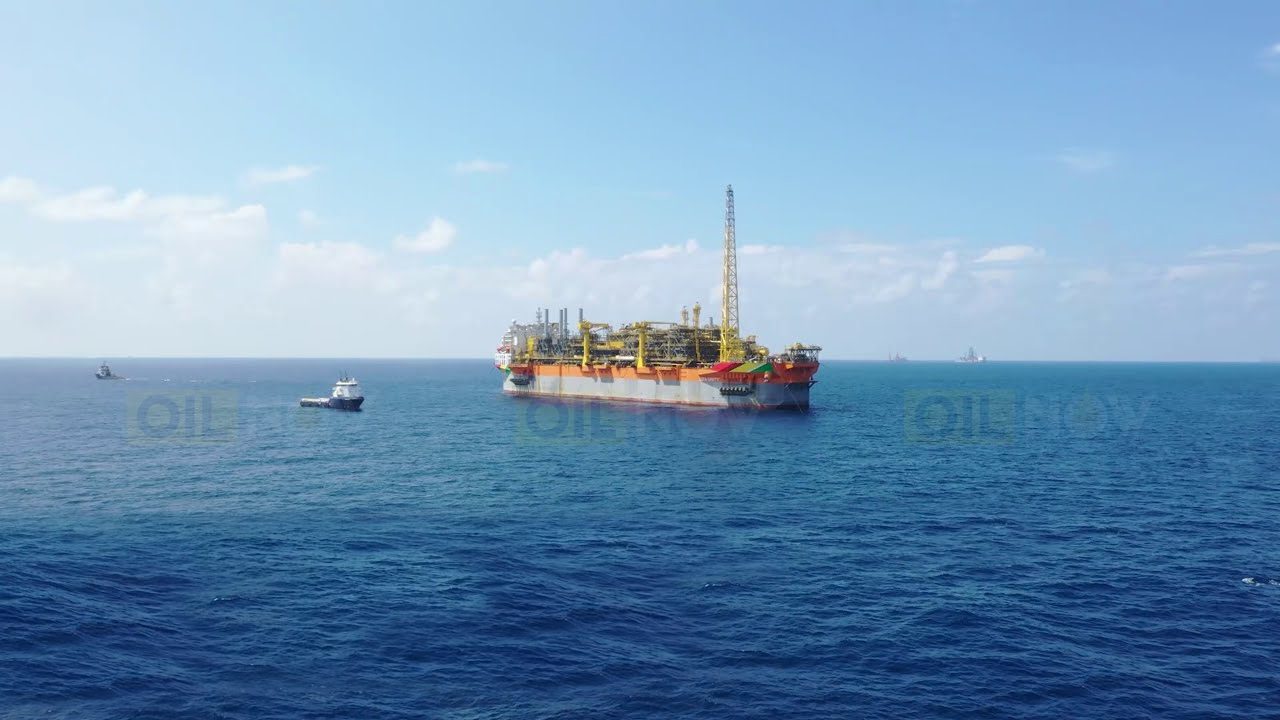The High Court of Guyana has ruled that an operation permit granted to Global Oil Environmental Services (Guyana) Inc. (GOES) to operate a waste-management facility for oil and gas exploration and production waste is invalid.
The Court also quashed the transfer of that permit, in the form of an environmental permit (EP), to Professional Waste Solutions Inc. (PWI) in 2023.
These decisions follow a finding by the High Court that the Environmental Protection Agency (EPA): i) acted with impropriety, and illegally granted the Operation Permit to GOES without first receiving an Environmental Impact Assessment (EIA), and ii) acted with impropriety and illegally exempted GOES from submitting an EIA.
This decision will boost the morale of environmental activists in Guyana who have been challenging various oil and gas related projects.
Factual History
GOES applied to the EPA in February 2021 to construct and operate a facility to manage waste from the oil and gas sector. The EPA stated that it had decided that an EIA was not required for this facility. The Environmental Assessment Board (EAB) upheld this decision following an appeals process and GOES was issued an EP to operate the facility from August 2021 to July 2026. In July 2023, GOES applied to the EPA to transfer its permit to PWI.
In June 2025, Audreyanna Thomas sued the EPA, arguing that the EPA’s decision not to require an EIA, and the OP and EP granted following that determination, were all unlawful.
The Applicant’s Case
In the Fixed Date Application, Audreyanna Thomas (the Applicant) argued that the Environmental Protection Act (EP Act) mandates EIAs for all Fourth Schedule Projects, or projects which significantly affect the environment (see section 11(1) of the EP Act).
The Applicant further stated that the Fourth Schedule lists installations for the treatment of wastewater, industrial, or domestic waste as projects that require an EIA (see paragraph 5 of the Fourth Schedule of the EP Act). The Applicant therefore concluded that the facility at Coverden is a project under the Fourth Schedule, and that an EIA was required.
The Applicant argued that the EPA’s decision not to require an EIA was unlawful, and that the authorisations granted to GOES and later to PWI were invalid and unlawful.
The EPA’s case
The EPA argued that a waste management facility for oil and gas waste was not an “installation for the treatment of wastewater, industrial or domestic waste” (Fourth Schedule Project), as described in the Fourth Schedule. The Agency argued that the facility built by GOES was not intended to manage wastewater or domestic waste, and that waste produced from oil and gas exploration and production, including muds, oily sludges, and chemical residues, was not industrial waste.
The EPA also argued that, in any event, section 11(1) of the EP Act does not make EIAs mandatory for Fourth Schedule Projects. Instead, the agency argued, section 11 (2) grants a discretion to exempt a project from an EIA following a statutory process.
The Court’s decision
The action was heard by Justice Nicola Pierre, who largely, if not entirely, found in favour of the Applicant.
An oil and gas waste management facility is a Fourth Schedule Project
Justice Pierre said that petroleum sector waste is industrial waste, and agreed that a waste management facility intended to manage such waste falls under Schedule Four Projects, therefore requiring an EP.
EIAs are mandatory for all Fourth Schedule Projects
Justice Pierre also found that EIAs are mandatory for Schedule Four Projects (such as facilities to manage oil and gas waste) under section 11 (1) of the EP Act, and that the EPA cannot exempt EIAs for Fourth Schedule Projects.
Addressing the EPA’s argument that it could exempt Fourth Schedule Projects from requiring an EIA under section 11 (2), Justice Pierre said section 11 (1) created two categories of projects: Schedule Four Projects, and “any other project”. The judge relied on established principles of statutory interpretation and on scholarly commentary by leading jurists, including President of the Caribbean Court of Justice (PCCJ) Winston Anderson, in concluding that EIAs are mandatory for Schedule Four Projects, and that the discretion to exempt a project from requiring an EIA only applies to “any other [non-Schedule Four] projects”.
As such, the EPA breached its procedure and acted unlawfully by exempting GOES from submitting an EIA for the development of the oil and gas waste management facility. Additionally, and consequently, the OP granted to GOES and the EP granted to PWI were unlawful or void.
It is important to note that the EPA intends to appeal this decision.
Implications for the industry
This judgment adds to a growing body of jurisprudence demanding stricter environmental scrutiny of oil and gas activities.
This case has implications for other operators in and out of the oil and gas sector. The EPA has been operating on the basis that EIAs were not required for Schedule Four Projects. It is therefore possible that other permits were granted based on this opinion. If this has happened, those permits are vulnerable to legal challenge.
Having said that, this decision is not binding on other judges, and it is possible that other High Court judges could rule differently if similar cases are brought before them. Of course, it is also possible that other High Court judges may find this decision persuasive and make the same or a similar ruling.
A decision from the Court of Appeal, or ultimately the CCJ, will be essential to settle the interpretation of section 11 of the EP Act and to provide regulatory certainty for both the EPA and the petroleum sector.
Read the full judgment below



